'The world and India likely won't have a vaccine that is widely administered till the end of 2021.'
'In the meantime, clear communication would help,' observes Rahul Jacob.
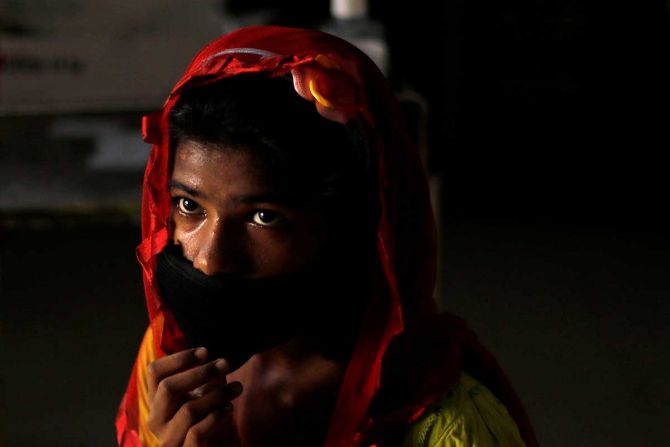
With both the US and India hitting daily records in the number of new Covid cases, we are, in effect, back at the start of this runaway pandemic.
'Mid-July looks as bleak as March. Businesses are closing. Hospitals are running short of beds. Economists sound less and less certain of a rebound,' The New York Times declared on July 16 in words that apply to India.
And it is not just the world's largest majoritarian democracies that are reeling, role model cities for dealing with the pandemic such as Hong Kong and Melbourne have suffered increases, albeit tiny by American or Indian standards, in the past several weeks as well.
Getting economies and societies back to even the new (sub) normal of restricted activity and social distancing is proving harder than predicted.
The publication this month of an open letter from 239 scientists urging the World Health Organisation to accept that Sars-CoV-2 transmits from one person to another in tiny droplets (that stay around in enclosed indoor spaces for as long as three hours) and travel further than six feet seemed like the confirmation of something we have known all along.
But it is a death blow for restaurants, movie theatres, large wedding celebrations and religious congregations for the foreseeable future.
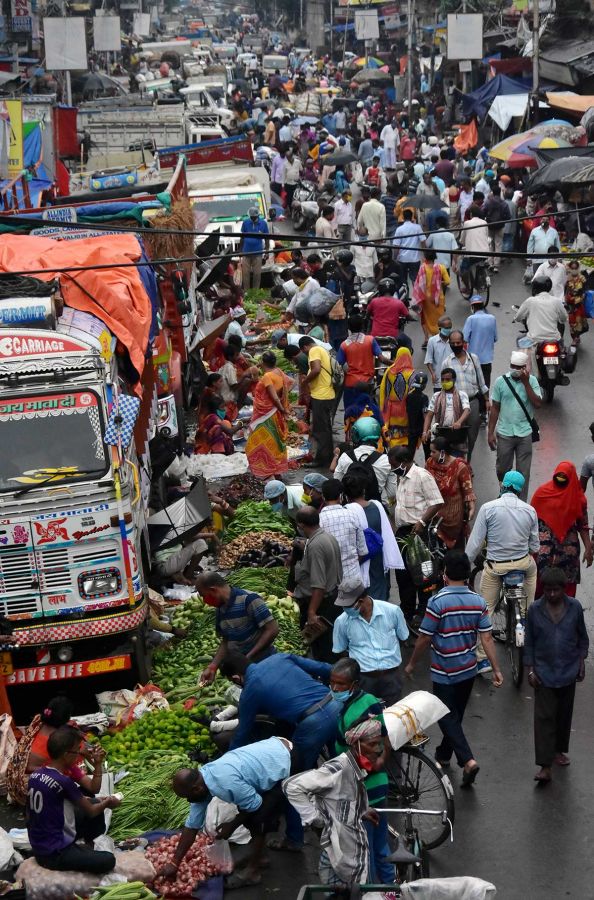
The contrast of a virus as agile as something out of a myth and government edicts that seem slow-footed is a worldwide phenomenon.
Britain's Chancellor of the Exchequer Rishi Sunak announced the UK government would expect employers to foot the bill for 20 per cent funding of salaries for 8.4 million furloughed workers by October.
One million firms have availed of the scheme, which cost the UK government £14 billion a month.
It was a breathtakingly audacious scheme to prevent mass layoffs, but this boldness has not been matched by the government's prescriptions to slow the spread of the virus.
The UK government moved only last fortnight to make masks mandatory in shops and supermarkets.
Many US states are still arguing about decreeing mask-wearing in public settings.
The move to open bars, meanwhile, has been directly responsible for outbreaks in places as far apart as Los Angeles and Seoul.
Bars, crowded vegetable markets or religious congregations create super-spreader events -- places where people gather in large numbers and often raise their voices, propelling more virus out in droplets from their breath and saliva.
In early May, an asymptomatic virus-carrying night club reveller went from one bar to another in Seoul's nightclub district.
Within a fortnight, the city government had used data from smartphones to trace almost 50,000 people who had been out in those bars or nearby that night; 160 tested positive.
Research shows super-spreaders, where one or two individuals in large groups spread the infection to large numbers of people, are responsible for 80 per cent of infections.
Contact tracing of the Seoul kind may sound straightforward enough but given the huge number of tracers and the high tech investigative work needed, the reality is only governments as tech-savvy and well-funded as East Asia's are going to be able to carry this out consistently.
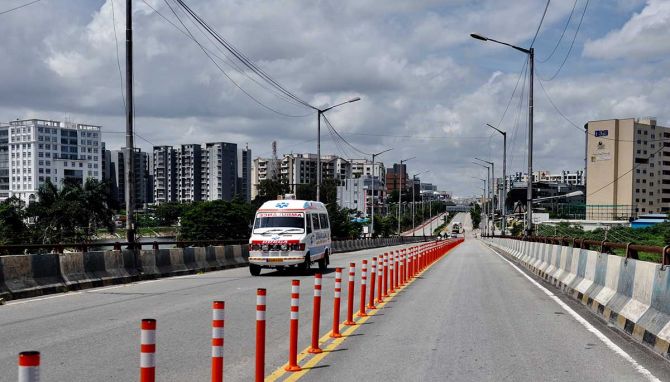
Karnataka started out well, but in recent weeks appears to have struggled to keep up, which might explain the escalation in infections.
My yoga teacher, who moved back from Chennai last month and dutifully self-quarantined for a fortnight, recounted how he had not received a single call from a government body to follow up.
One would think the information technology back office to the world could be a Seoul-styled role model, but instead Bengaluru is in the midst of a lockdown, stricter in some ways than the surgical strike lockdown of late March by the Modi government.
I don't understand the logic of allowing shopping for essentials only between 5 am and 12 noon, given that such narrow timings typically lead to crowds at, say, vegetable markets, but I confess my attention wanders reading government directives that begin with 'Whereas, the State Government vide Order No. Rd 158 TNR2020...' and continue 'Whereas, the Experts have examined the matter in detail and have suggested further stringent measures...'
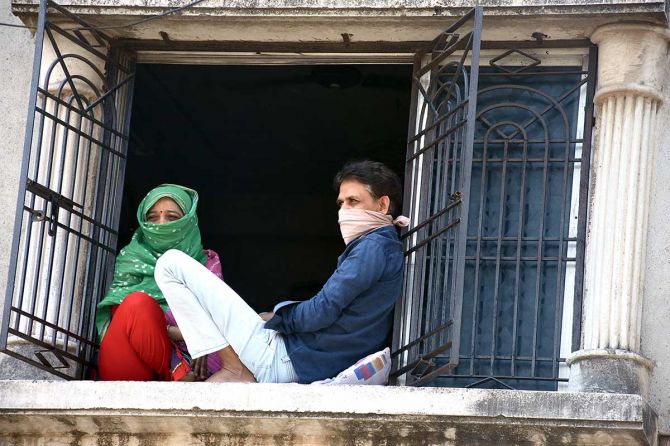
Perhaps government communications on a public health crisis could have less Latin 'vides' and penalties recited from the Indian Penal Code, 1860, and more useful advice that reflects current research on how this virus spreads.
A paper in Science magazine recently detailed how we need to protect ourselves against the transmission of the virus indoors -- by sitting further apart than 6 feet, opening windows to allow a free flow of air or massively upgrading air-conditioning systems.
Aerosol spread of a virus is almost as mystifying as Latin, but not when explained thus: 'The distance from a smoker at which one smells cigarette smoke indicates the distance in those surroundings at which one could inhale infectious aerosols. In an enclosed room with asymptomatic individuals, infectious aerosol concentrations can increase over time.'
Covid's worst, including a second wave, is yet to come.
The world and India likely won't have a vaccine that is widely administered till the end of 2021.
In the meantime, clear communication would help.
Feature Presentation: Ashish Narsale/Rediff.com
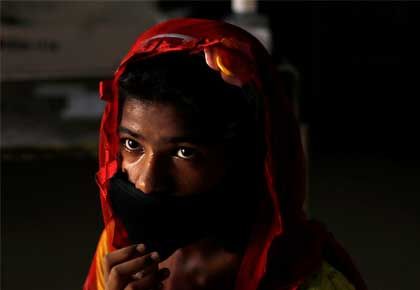












 © 2025
© 2025